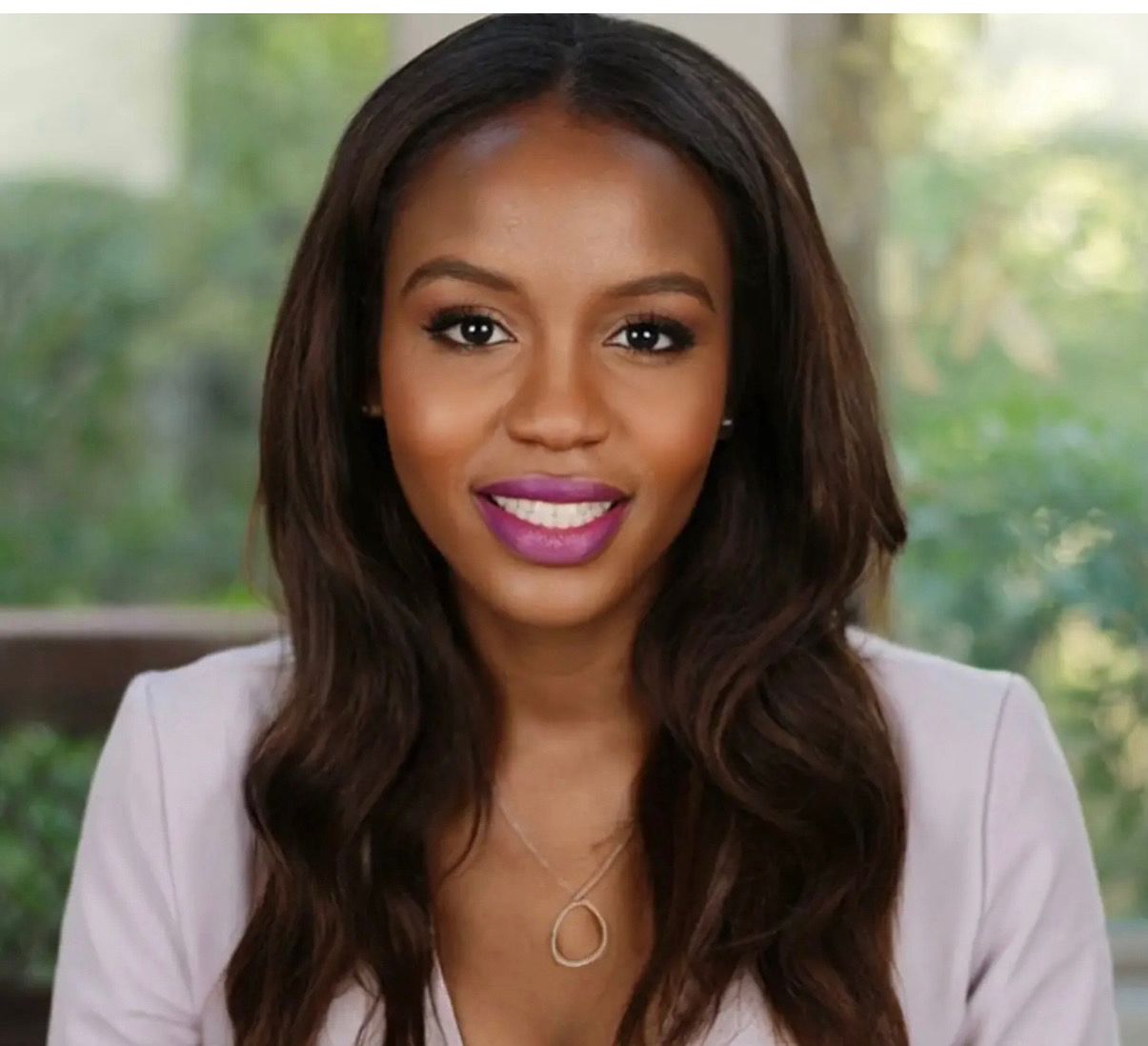We’re excited to introduce you to the always interesting and insightful Fabiola Thomas. We hope you’ll enjoy our conversation with Fabiola below.
Fabiola, looking forward to hearing all of your stories today. We’d love to hear a story from back when you were an intern or apprentice. What’s a memorable story you can share with us?
When I think about leadership and what shaped the way I show up today, my mind always returns to a moment from when I studied abroad in Paris. Our campus was like a living world map: students from Asia, Latin America, Europe, Africa, and the Caribbean, each carrying their own stories, languages, and perspectives.
One group project in particular stands out. We were five students, completely different in backgrounds and communication styles—one spoke English rapidly, another preferred French, one was quiet, another bold, and I was somewhere in the middle, trying to make sure every voice was heard.
At first, it was chaos. Every meeting felt like a small diplomatic negotiation. Each person wanted to be understood, but no one was truly listening. One discussion became so intense it felt like the United Nations without interpreters.
I decided to try a different approach. I paused the conversation and said, “Let’s take two minutes. Everyone shares why this project matters to them—not what we want to do yet, but why we care.”
And something shifted. Listening to each person’s motivation changed the dynamic completely. We went from talking over each other to collaborating with intention. That experience taught me that leadership is less about directing and more about creating space for others to be seen, heard, and empowered.
This lesson has carried me through my professional journey. Representing Haiti as a Youth Delegate for Human Rights, serving as the World Bank Delegate, and participating on panels with ambassadors and civil society leaders from Liberia, Nigeria, Ghana, the USA, and Brazil, I’ve seen firsthand the power of thoughtful listening and collaboration. As the Diplomatic Advisor for the Girls in Diplomacy platform, I work to build the next generation of women leaders, helping youth understand that leadership is not just a position, it’s a responsibility to lift others while navigating complex global conversations.
Leadership, I’ve learned, is about creating spaces where voices converge, differences become strengths, and collective action emerges. And it all started with a simple exercise in listening on a classroom project in Paris.
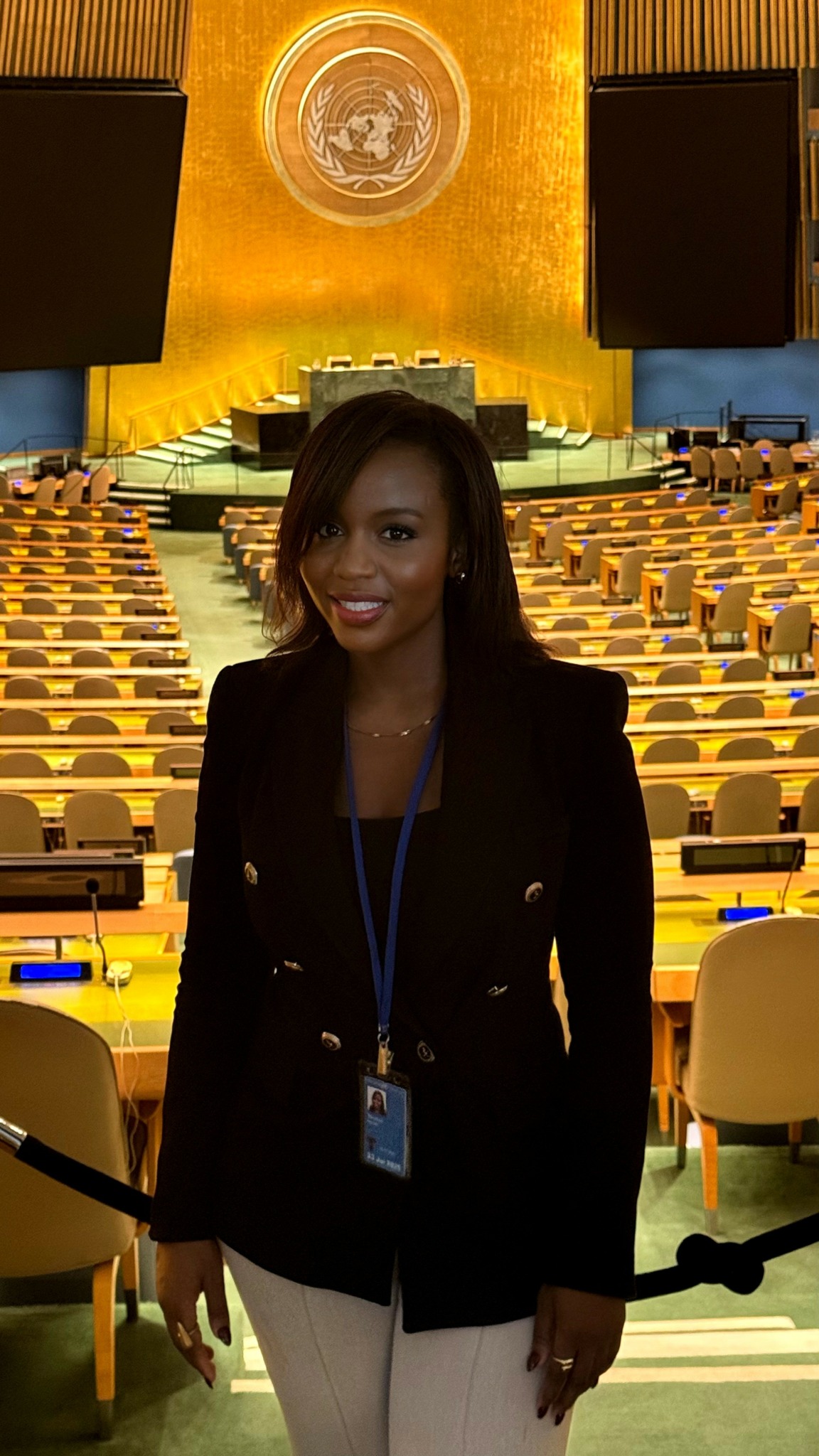
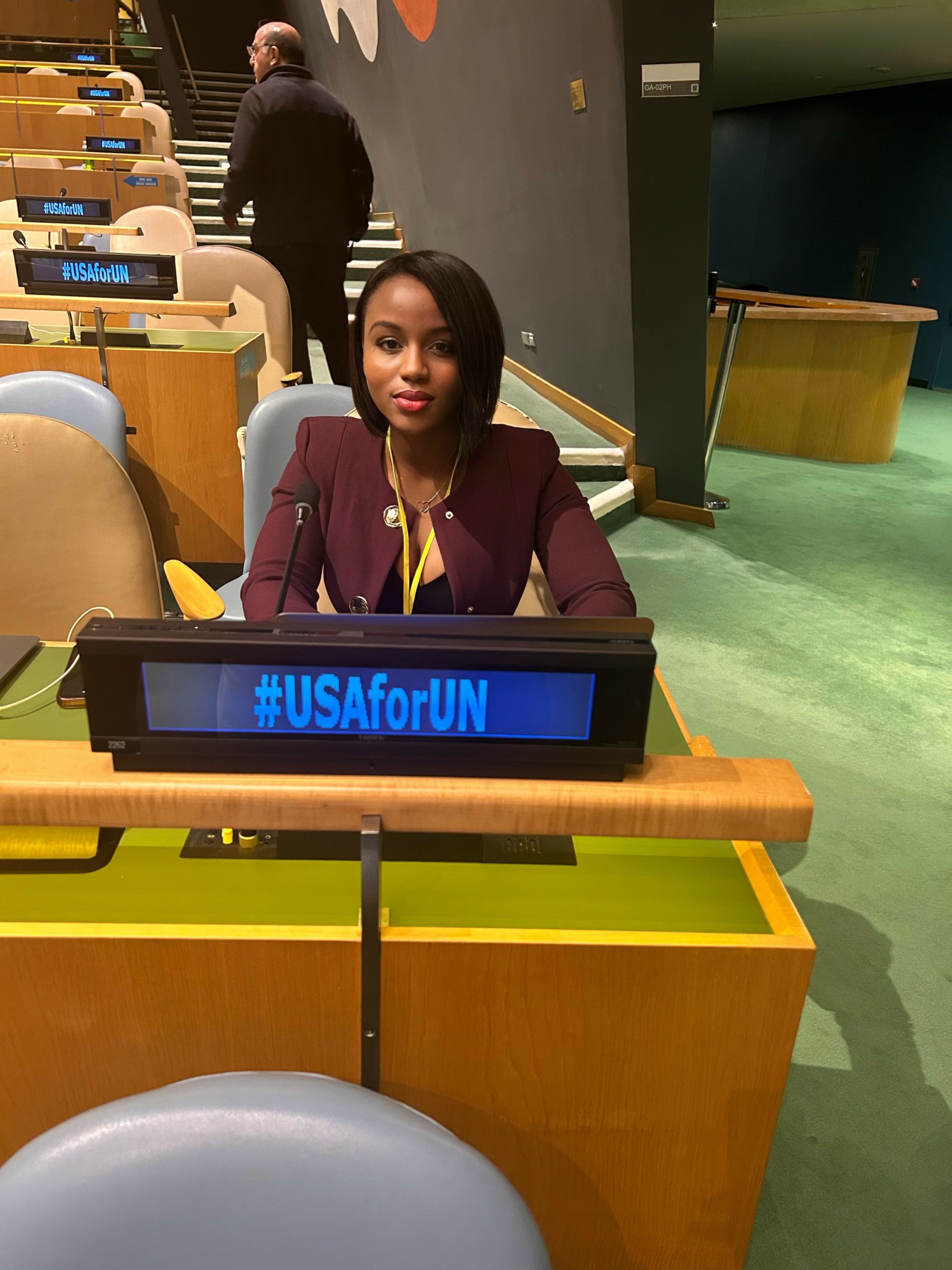
Fabiola, before we move on to more of these sorts of questions, can you take some time to bring our readers up to speed on you and what you do?
My name is Fabiola Thomas, and I am a Climate and Human Rights Advocate, International Relations Specialist, and Youth Leader. I was born and raised in Haiti, and my journey is shaped by the realities of my community, the resilience of my people, and the belief that young people deserve the chance to lead change in the world. I moved to New York City in 2015
I entered this field because I saw early on how decisions made in global rooms affect everyday lives back home. Growing up, I witnessed how inequality, limited access to education, and weak representation leave young people without the support they need to create better futures. I wanted to be part of shifting that narrative. My studies in International Relations and Diplomacy, along with my experiences living and studying in the United States, Paris, Colombia, and several international platforms, strengthened my understanding of global systems and how young voices must be empowered inside them. where my journey takes me to Qatar, Malaysia, Switzerland, The Netherlands, Belgium, Dominican Republic, Turkey
Today, my work focuses on youth empowerment, human rights education, diplomacy training, and sustainable development advocacy. I create spaces where young people can learn to lead, communicate across cultures, and engage confidently in global issues. Won team awards while I was in college at the Model United Nations in the US, National and International MNUN by represented different countries as a Delegate during the conference, such as Gabon, Italy, and Ireland.
I am the Founder of the Haitian Association of Diplomats and International Affairs, which supports youth who are pursuing careers in diplomacy and global governance. I am also the Co-Founder of DiplomacyToday Magazine, a publication dedicated to amplifying youth voices and encouraging international dialogue. I serve as the Haiti National Director for the Youth Publications and Socioeconomic Forum (YPSF), Director of Networking and Partnerships for March Tomorrow, and Director of Strategy for Catalyst Change.
Alongside these roles, I am part of global youth networks, including MGCY, YPSF Global, and DMUN in New York and Washington, DC. In my other leadership positions, I work across Africa, the Caribbean, Central America, and the Diaspora to strengthen youth-led advocacy, climate equity, and community development.
My work provides:
• Leadership training and workshops
• Diplomacy and international relations education
• Human rights and global citizenship programs
• Youth advocacy guidance and mentorship
• Financial literacy and entrepreneurship support through my initiative, eBook Queen Wealth Financial Multiservice
The core problem I solve is access. Too many young leaders have talent but lack networks, knowledge, and pathways to step into global influence. My work opens those pathways.
What sets me apart is that I do not work from theory alone. I have lived the journey of being a young woman navigating international spaces where my voice was not always expected. I build programs that focus not only on education but on belonging, confidence, and identity. I believe leadership begins within.
I am most proud of the young people who have gained courage, clarity, and direction through the programs and platforms I help lead. When a young person stands up and says, “My voice matters, and I can lead change,” that is where impact lives.
Looking forward, my mission remains consistent:
To empower young people, especially those from underrepresented communities, to rise with dignity, lead with purpose, and shape more just and sustainable futures.
My work is not just a career. It is a service.
It is a responsibility.
It is devotion to the next generation.
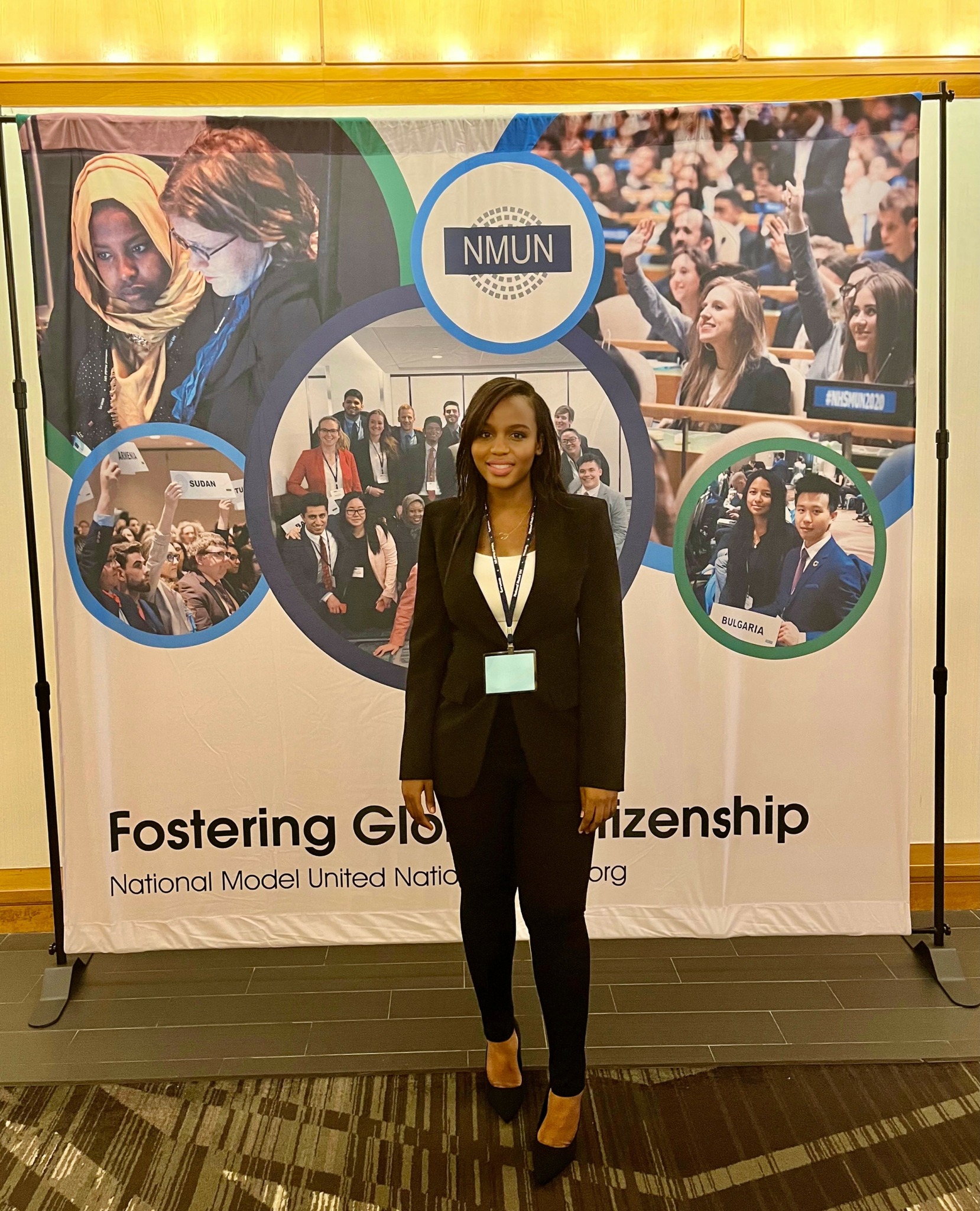
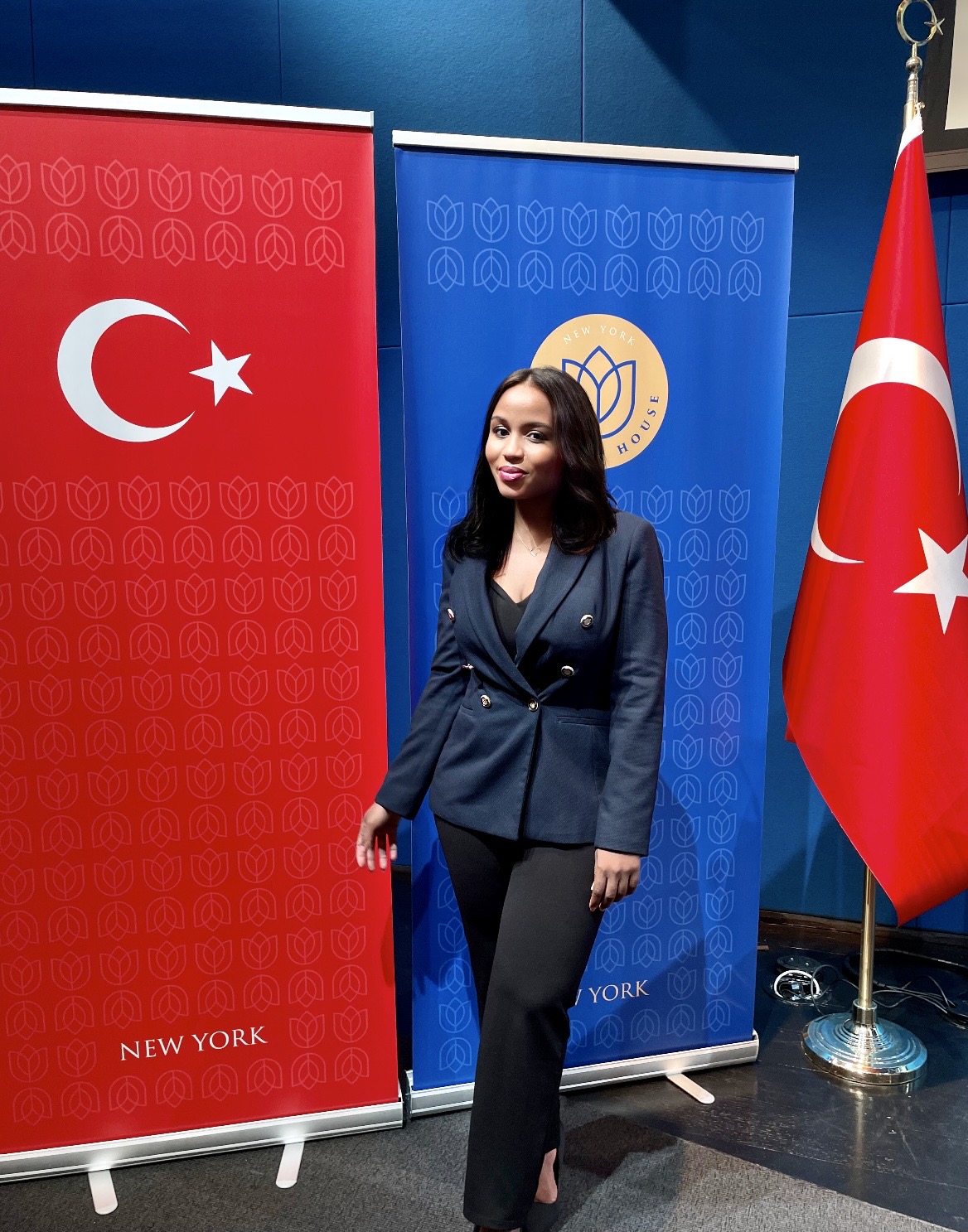
Let’s talk about resilience next – do you have a story you can share with us?
There is a chapter of my journey that I return to often, because it taught me what strength truly feels like.
During my final semester, my life was in motion. I was studying in Paris while also completing online courses in the United States. This meant living between two time zones, two academic systems, and two different worlds. I attended classes in person during the day, then stayed up deep into the night for my U.S. courses. I was learning to navigate life in foreign countries alone, speaking multiple languages, adapting quickly, and pushing myself to keep going no matter how overwhelming it felt.
In the middle of all this, I was selected to represent Haiti at the Best Diplomat Conference in Malaysia. It was an immense honor: to stand in a global space and speak for my country. But it also meant traveling across continents, while still being in school and writing my final project at the same time. I would attend sessions, negotiate resolutions, speak in diplomatic forums, and then return to my room to write academic papers through the night. There were days when my mind, body, and spirit were tired but the mission was bigger than the exhaustion.
I kept going because I knew why I was doing it:
To lift my country’s name.
To show what is possible.
To prove that youth from Haiti can lead anywhere in the world.
Then, three days before my graduation, everything changed.
I was involved in a car accident. The car was completely destroyed. It was a total loss. In that moment, I saw how quickly life can be taken away. But by the grace of God, I walked out without a scratch. No bruise. No injury. Just breathe.
And that very same day, I opened my email and found an invitation to the White House.
In that moment, I felt God speak clearly:
“Your purpose is not done. I protected you for a reason.
The pain did not hit me immediately. It came later on graduation day when I walked across the stage in New York. My steps were heavy, my heart was full, and my tears were quiet. But I walked with strength. I walked with gratitude because I was walking alive.
And I graduated Magna Cum Laude, with a 3.7 GPA.
No one in the audience knew the battles I had fought in silence the sleepless nights shifting between Paris, America, and Malaysia; the pressure of representing a nation; the accident that could have ended everything. But I knew.
That experience taught me something I carry into every room I enter:
Resilience is not just surviving.
Resilience is continuing the journey with purpose.
I learned that life may shake you, but faith can hold you steady.
And when grace holds you, your mission continues.
This is why I advocate.
This is why I speak.
This is why I lead.
Because I know what it means to walk through the fire
and still rise.
And I want every young person, especially those who feel invisible or underestimated, to know that they can rise too.
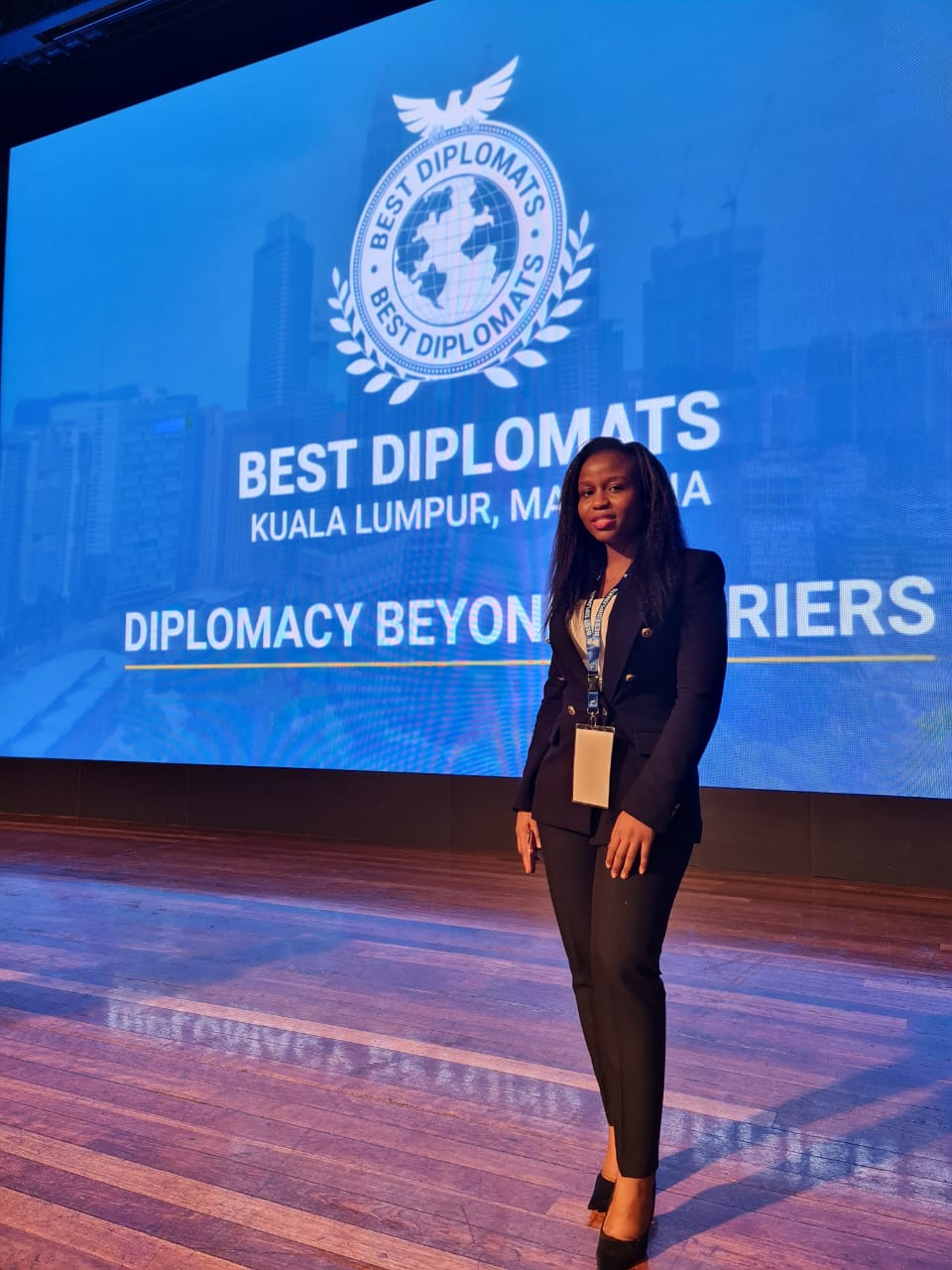
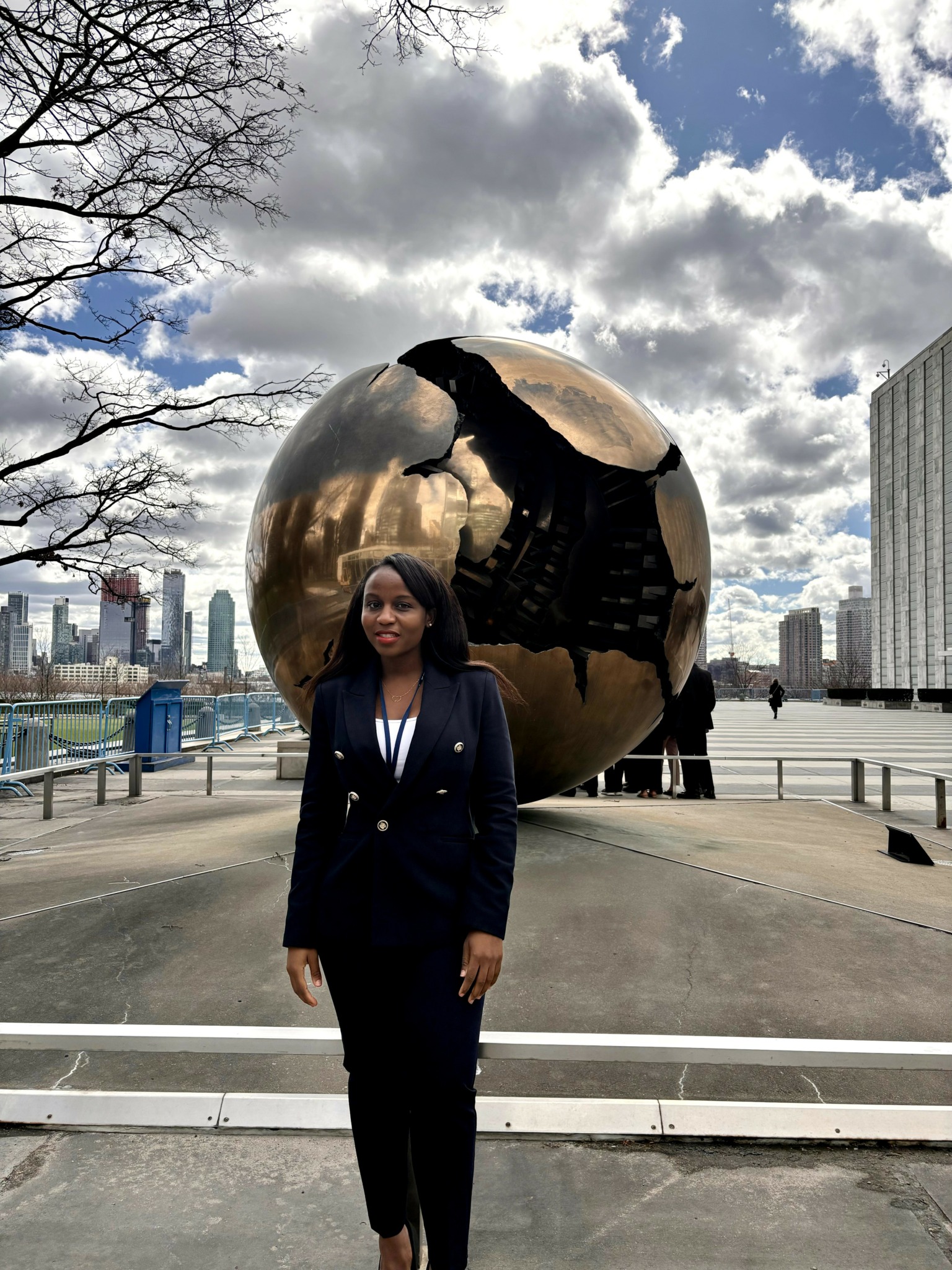
We often hear about learning lessons – but just as important is unlearning lessons. Have you ever had to unlearn a lesson?
One of the biggest lessons I had to unlearn was the idea that I had to be strong all the time and carry everything by myself.
For a long time, I believed that being strong meant not asking for help, not showing emotions, and always proving that I could handle every responsibility on my own. As a young Black woman, as a Haitian woman, and as someone often entering international spaces where I had to represent more than just myself, I felt that I couldn’t afford to show weakness. I thought that if I ever appeared tired, overwhelmed, or vulnerable, people would doubt my capability or question whether I belonged in the room.
The backstory of this lesson came during the period when I was studying in Paris, completing U.S. online coursework, traveling internationally for diplomatic conferences, and writing my final project at the same time. I was constantly moving, constantly performing, constantly carrying expectations that felt too heavy.
But I never said I was tired.
I never said I needed help.
I never allowed myself to pause.
And then the car accident happened.
In that moment, everything stopped. I saw life in a way that was quiet, raw, and real. All the pressure I had been carrying fell to the ground. I realized that surviving is not the same as living and that being “strong” to the point of self-neglect is not strength at all.
After that, I learned:
Strength is allowing yourself to rest.
Strength is letting others support you.
Strength is understanding that vulnerability does not take away your power; it deepens it.
I had to unlearn the belief that my value came from how much I endured.
Now, I honor my limits.
I listen to my body.
I accept support.
I show emotion when I need to.
And I am stronger, not weaker, because of it.
Contact Info:
- Website: https://selar.com/m/fabiola-thomas1
- Instagram: https://www.instagram.com/fabielive/
- Facebook: https://www.facebook.com/fabiola.edmond
- Linkedin: https://www.linkedin.com/in/fabiola-thomas-250799193/
- Twitter: https://www.instagram.com/theglobalcallhaiti/
- Other: https://www.instagram.com/diplomacytodaymagazine/
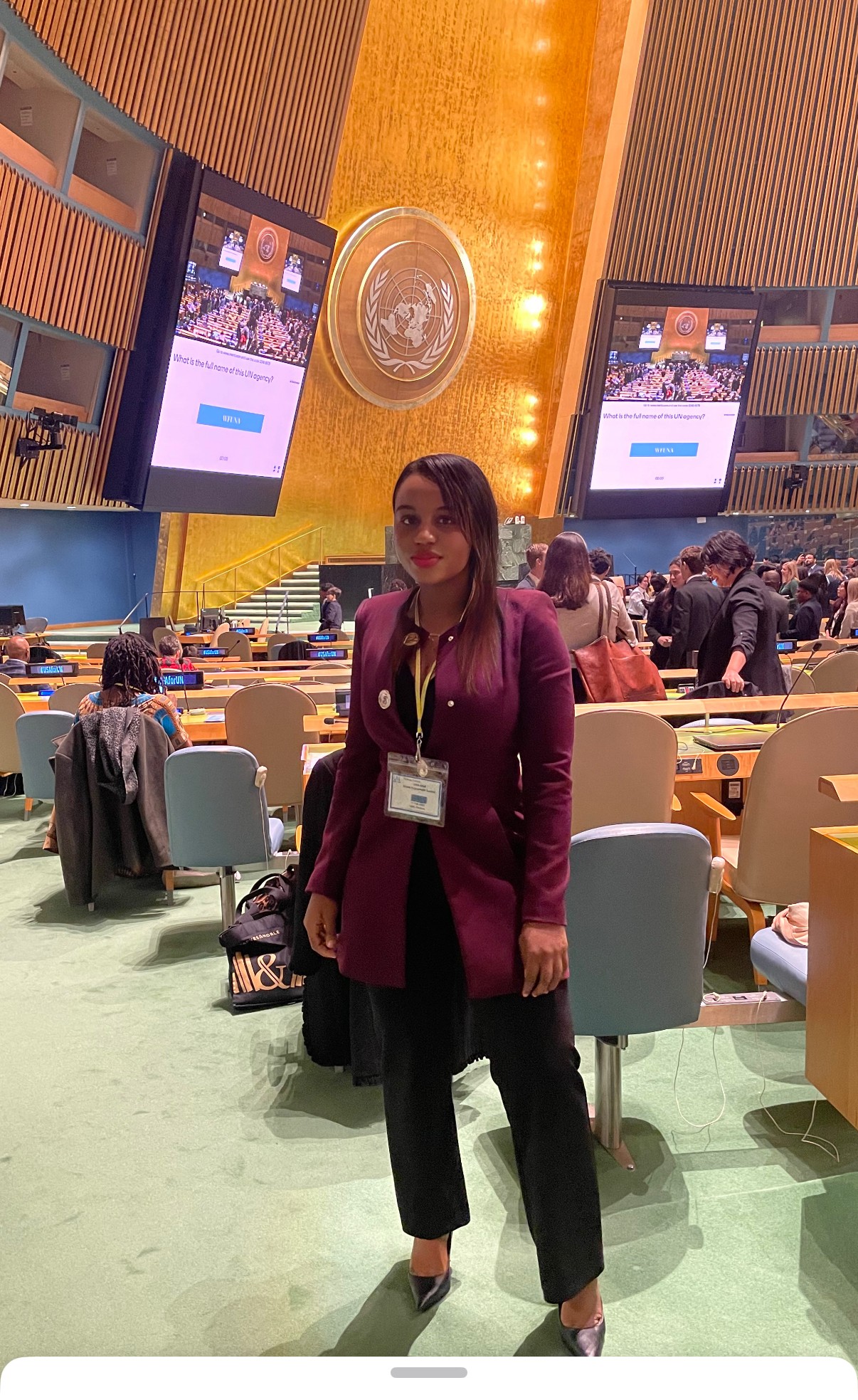
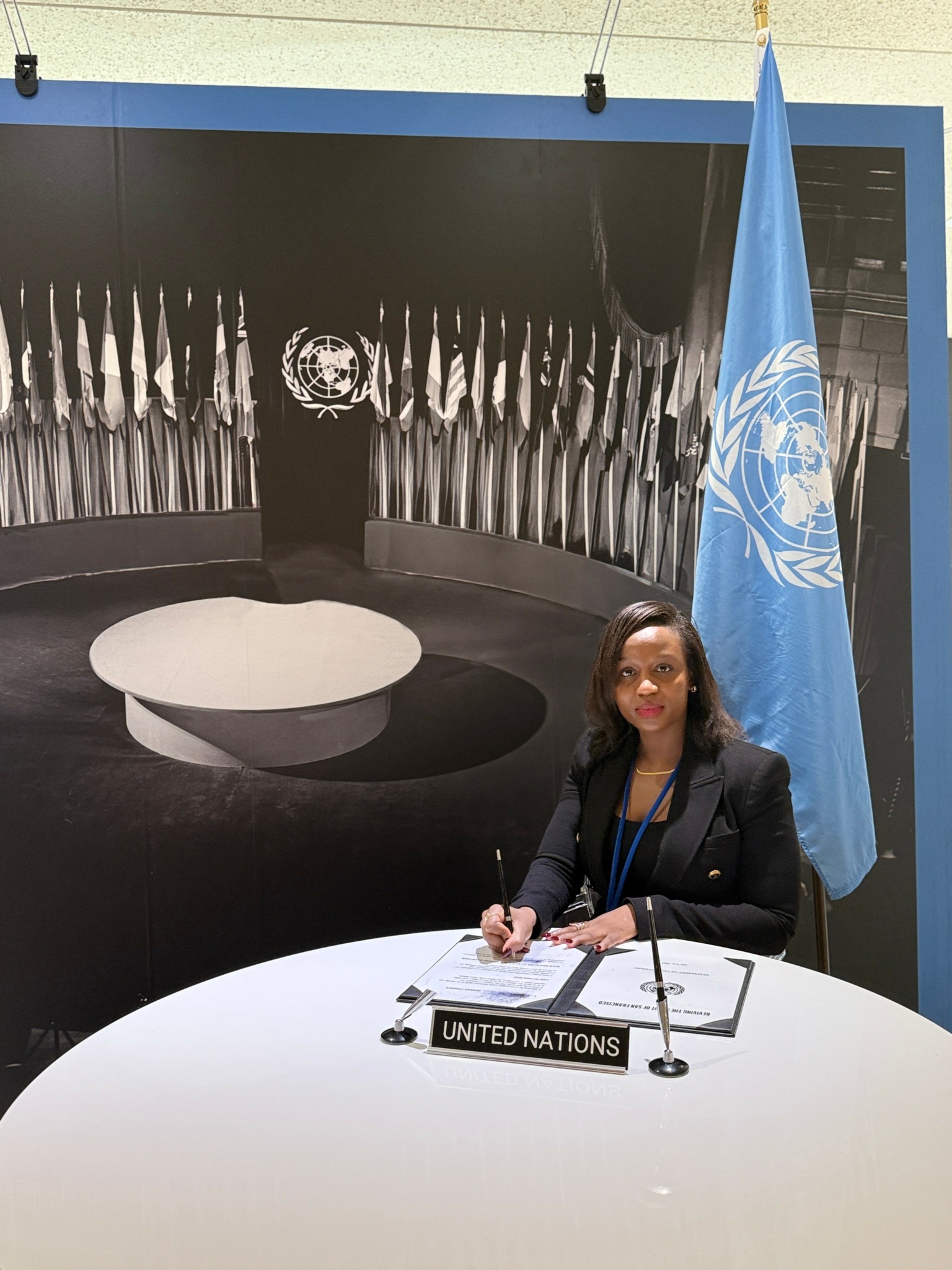
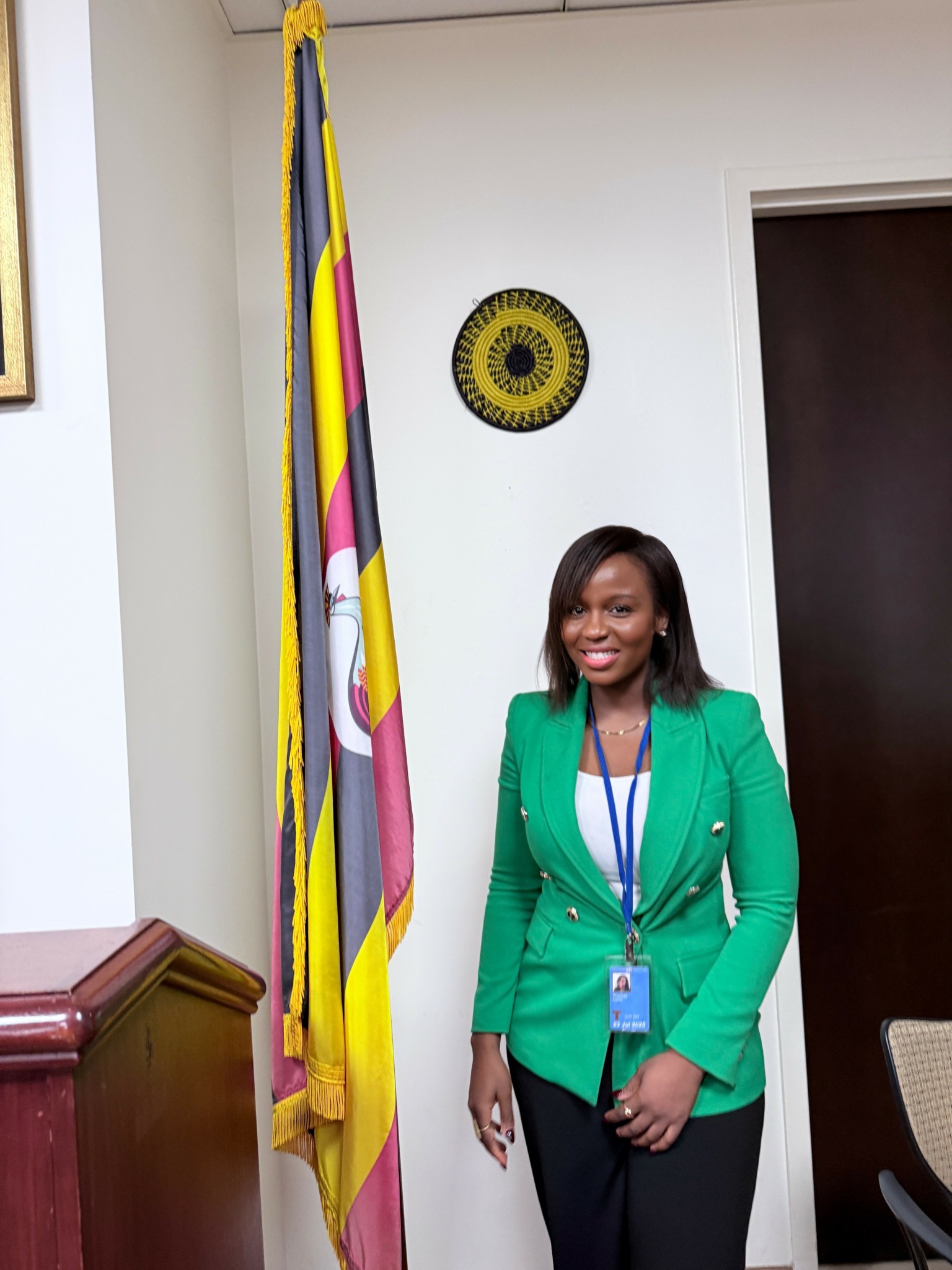
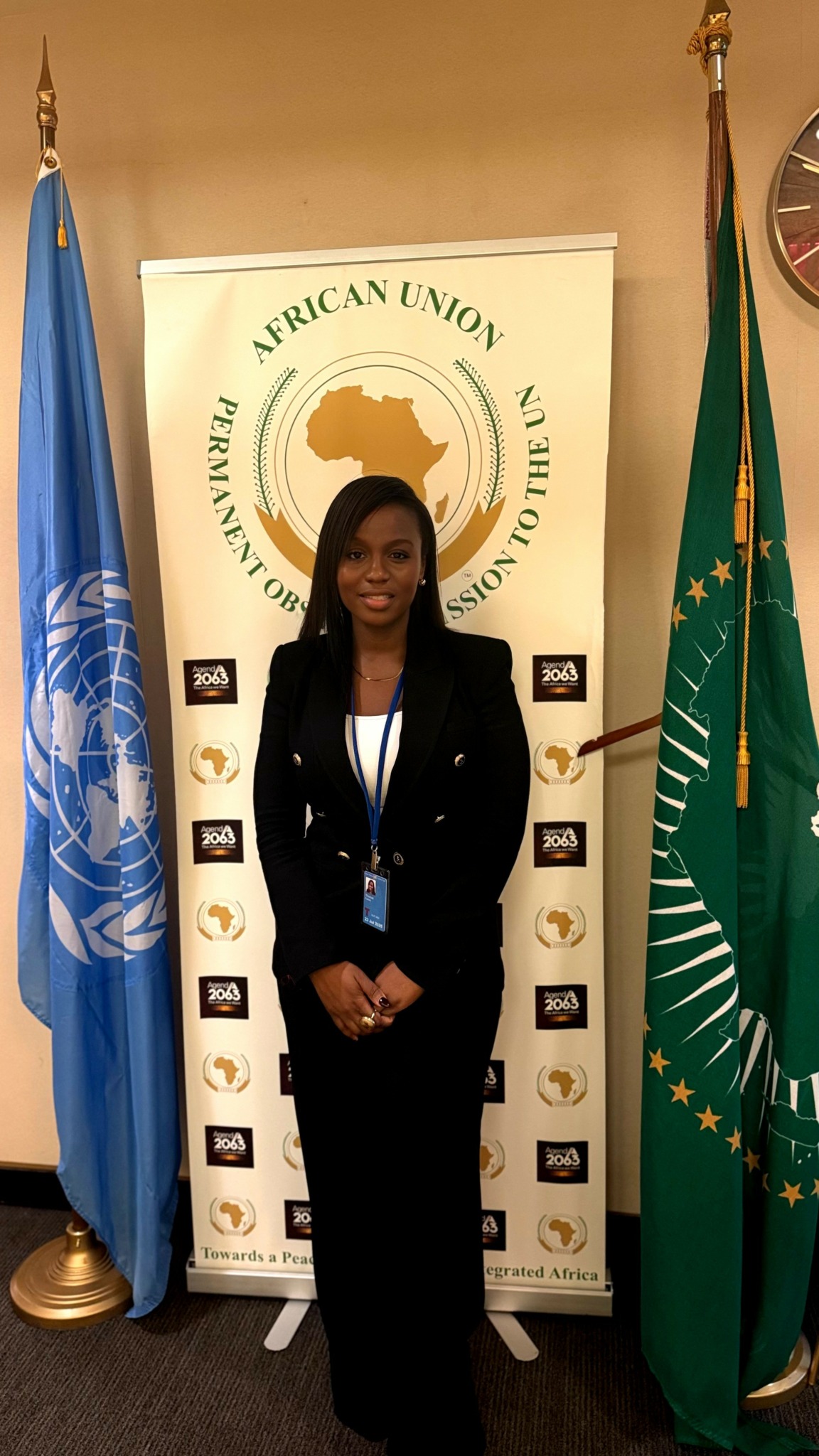
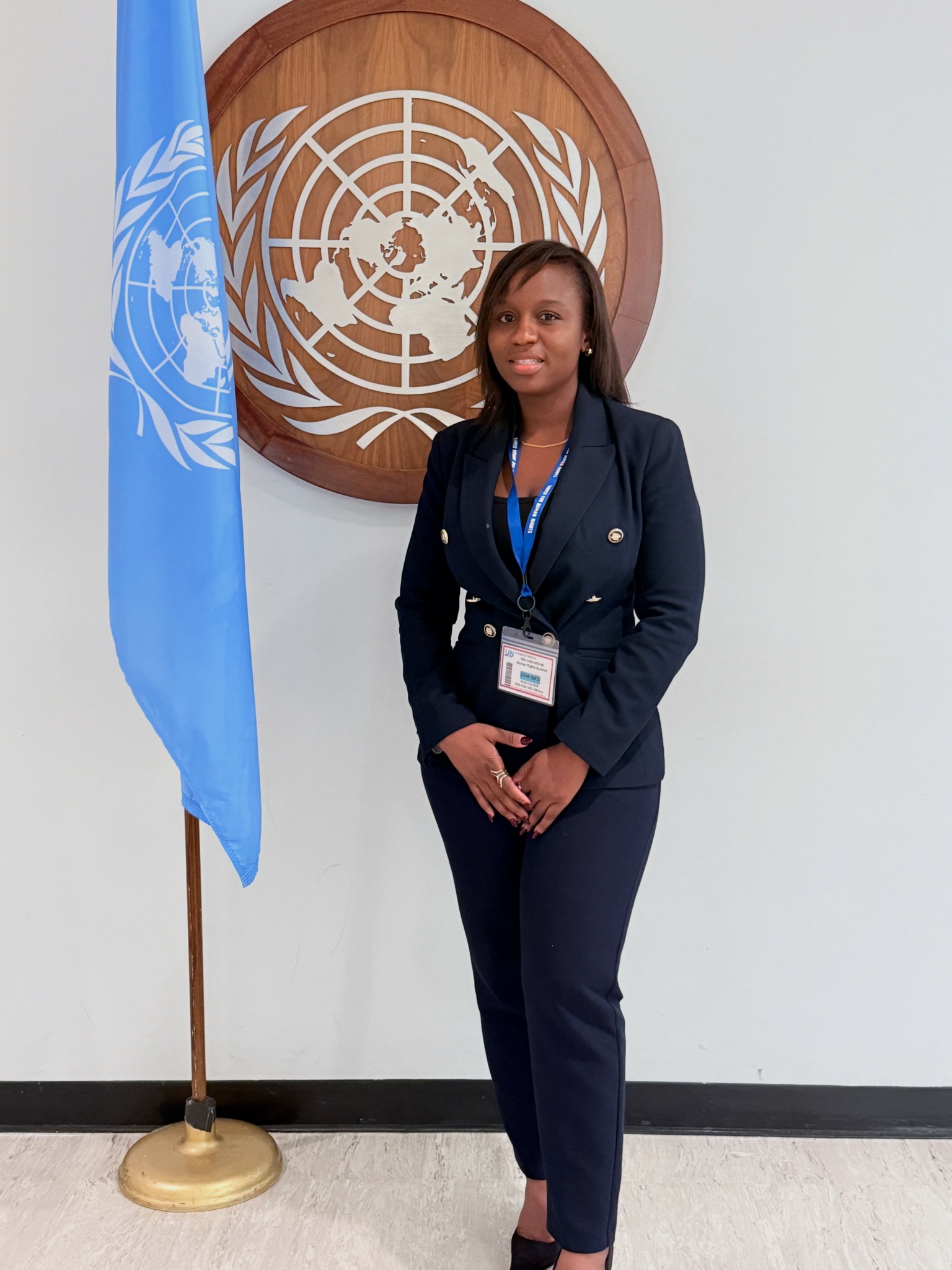
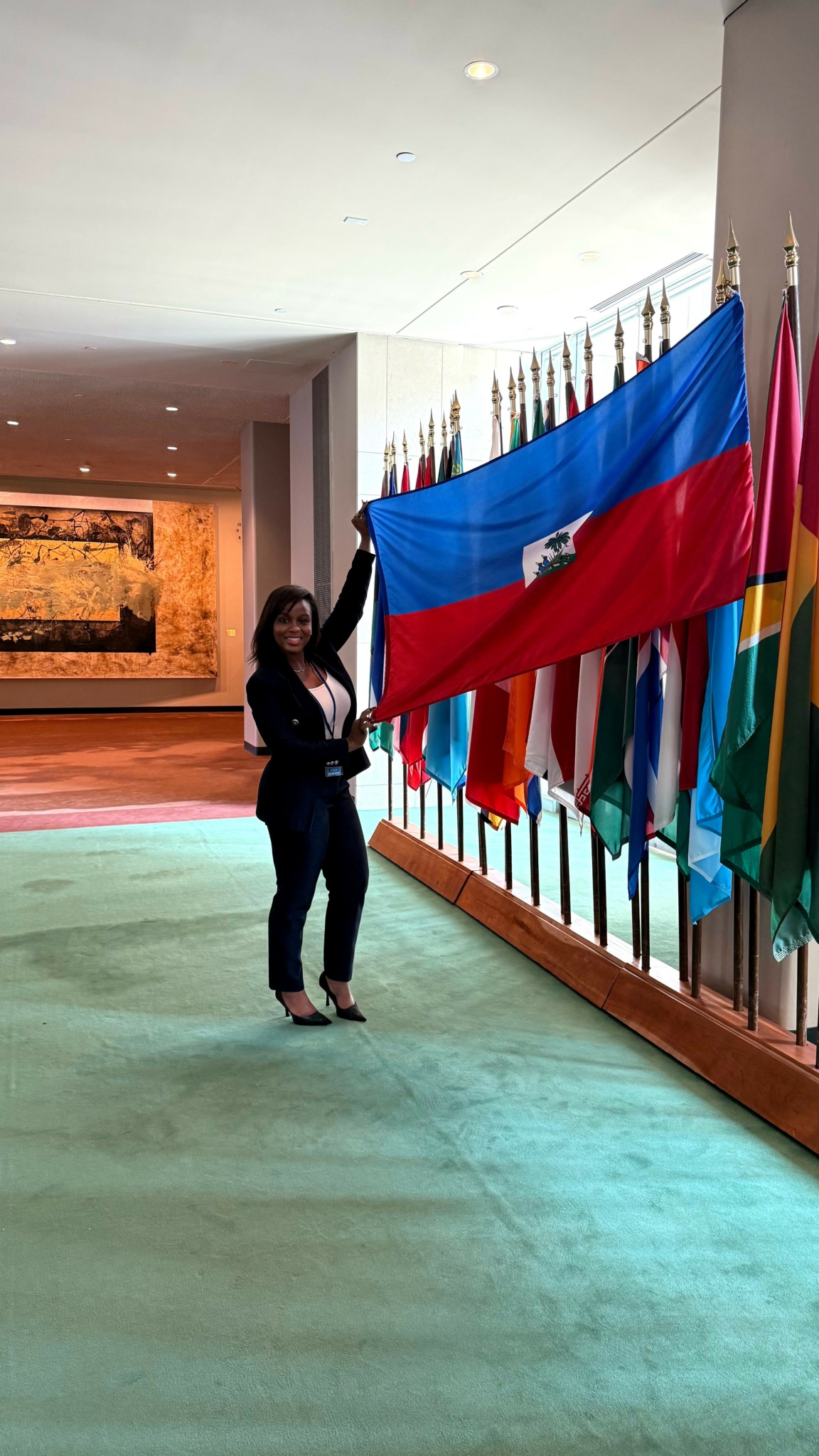

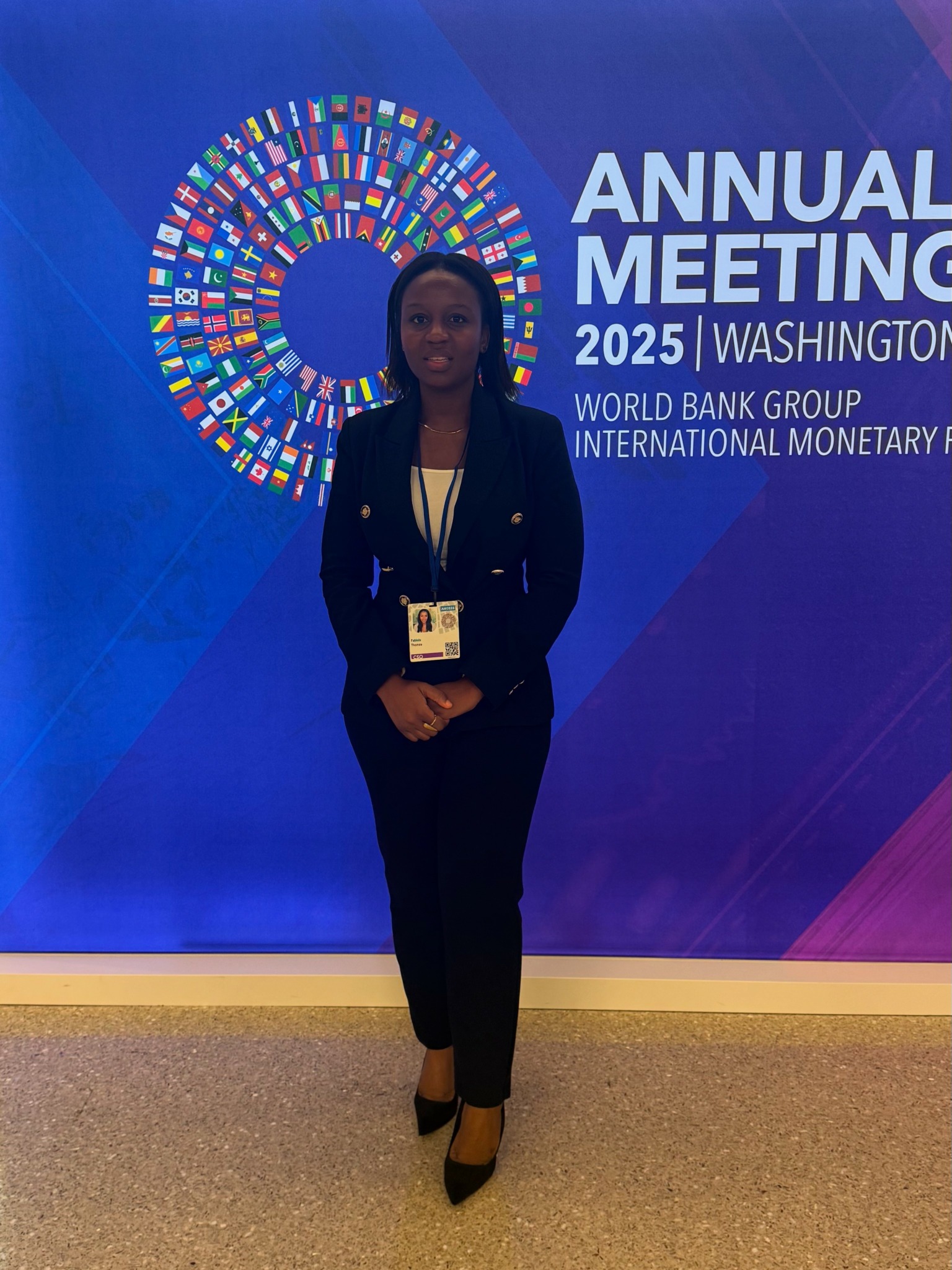
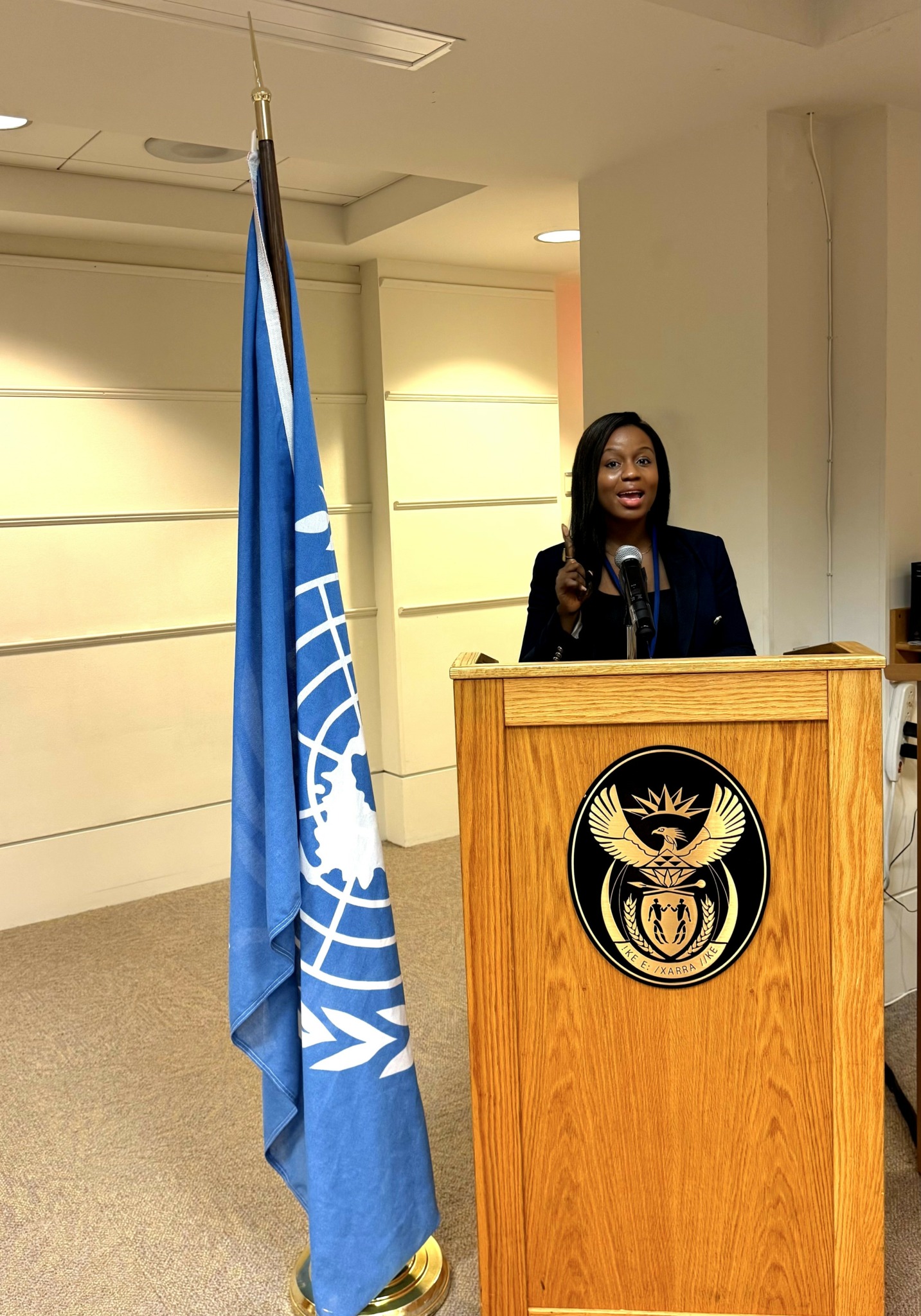
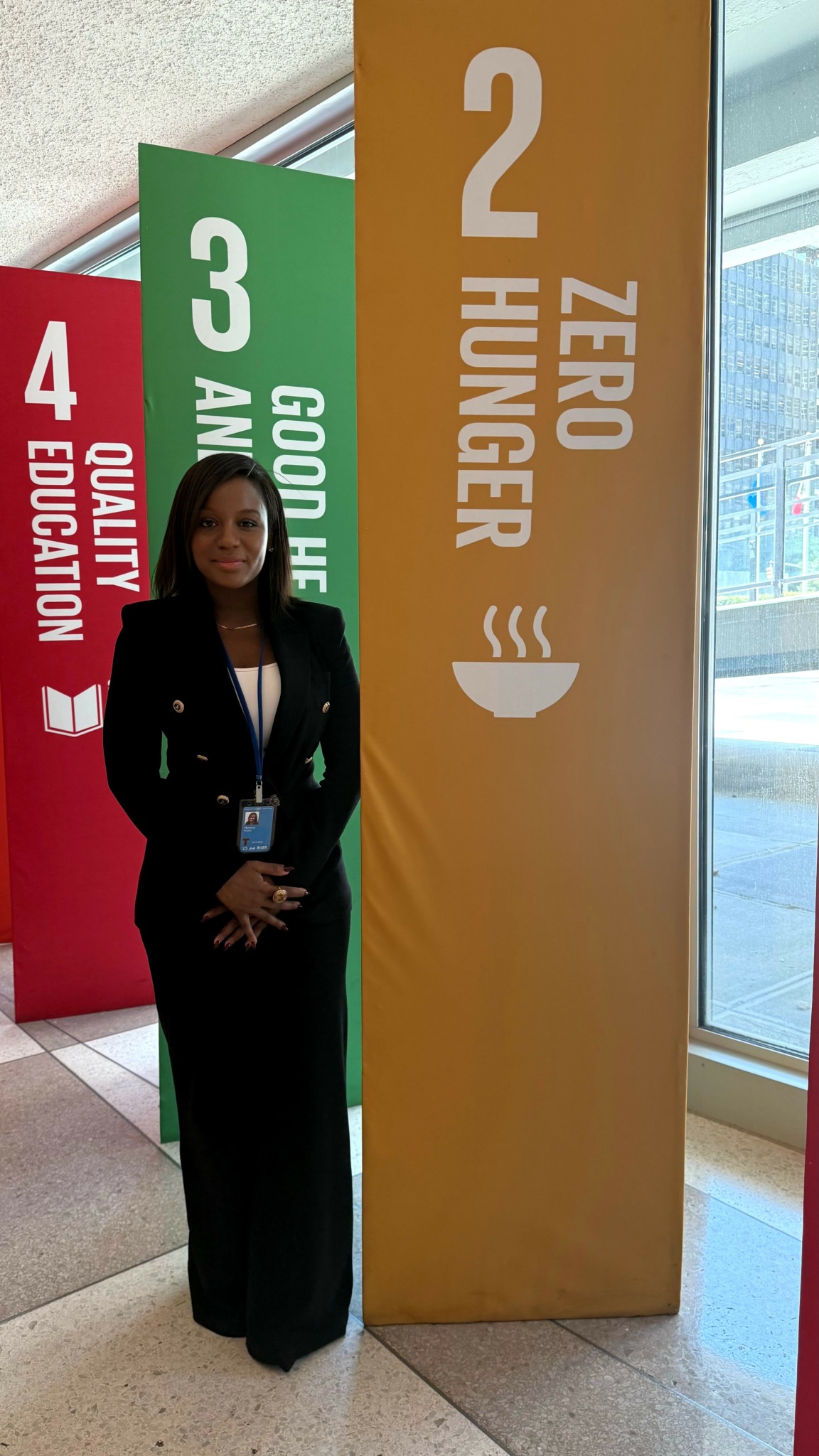
Image Credits
No I did not


